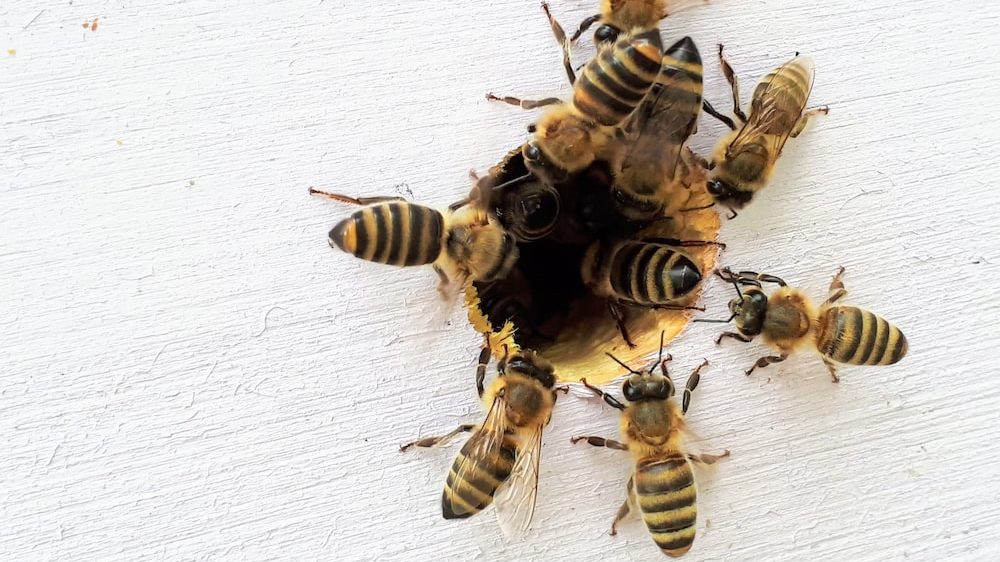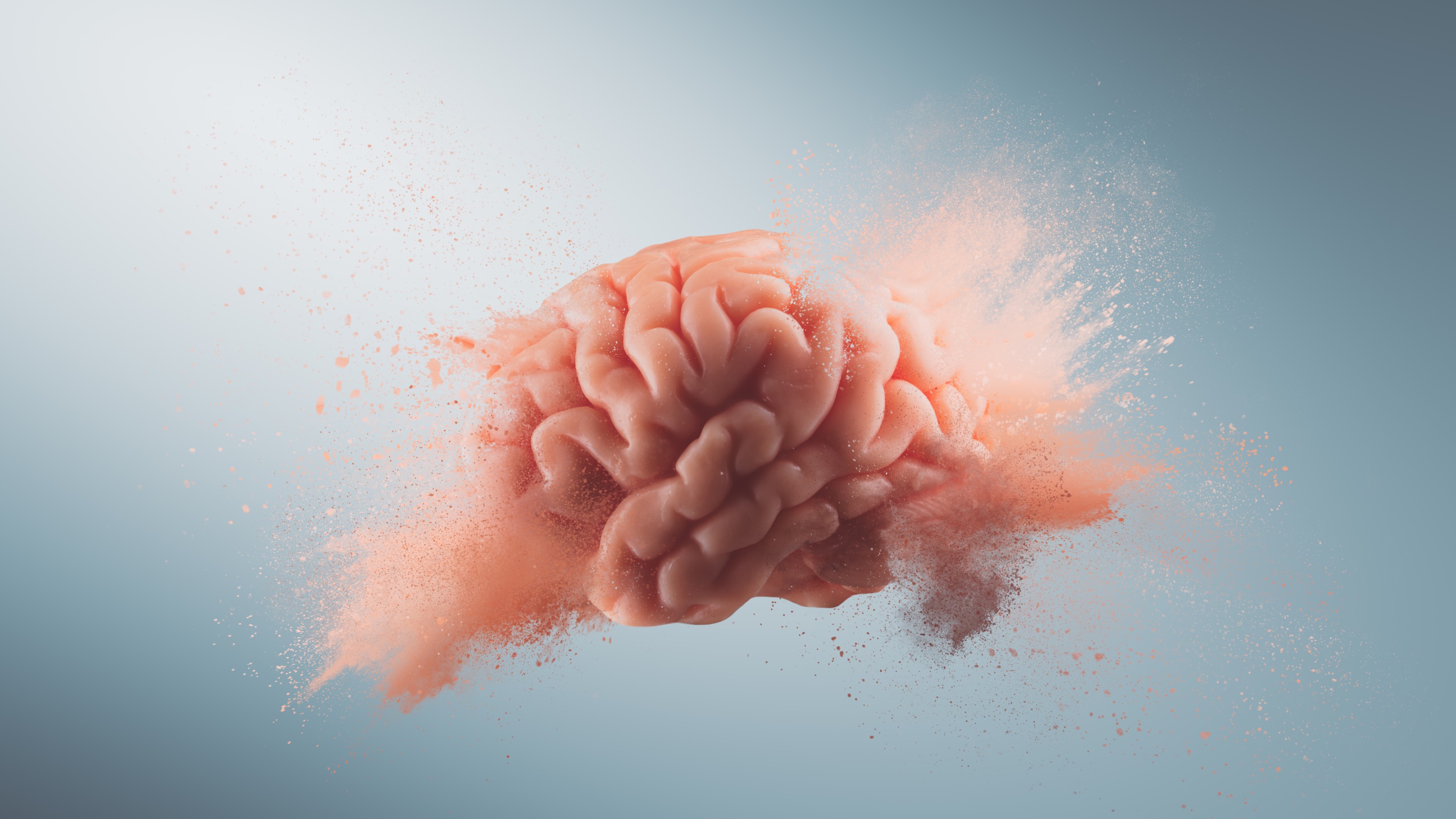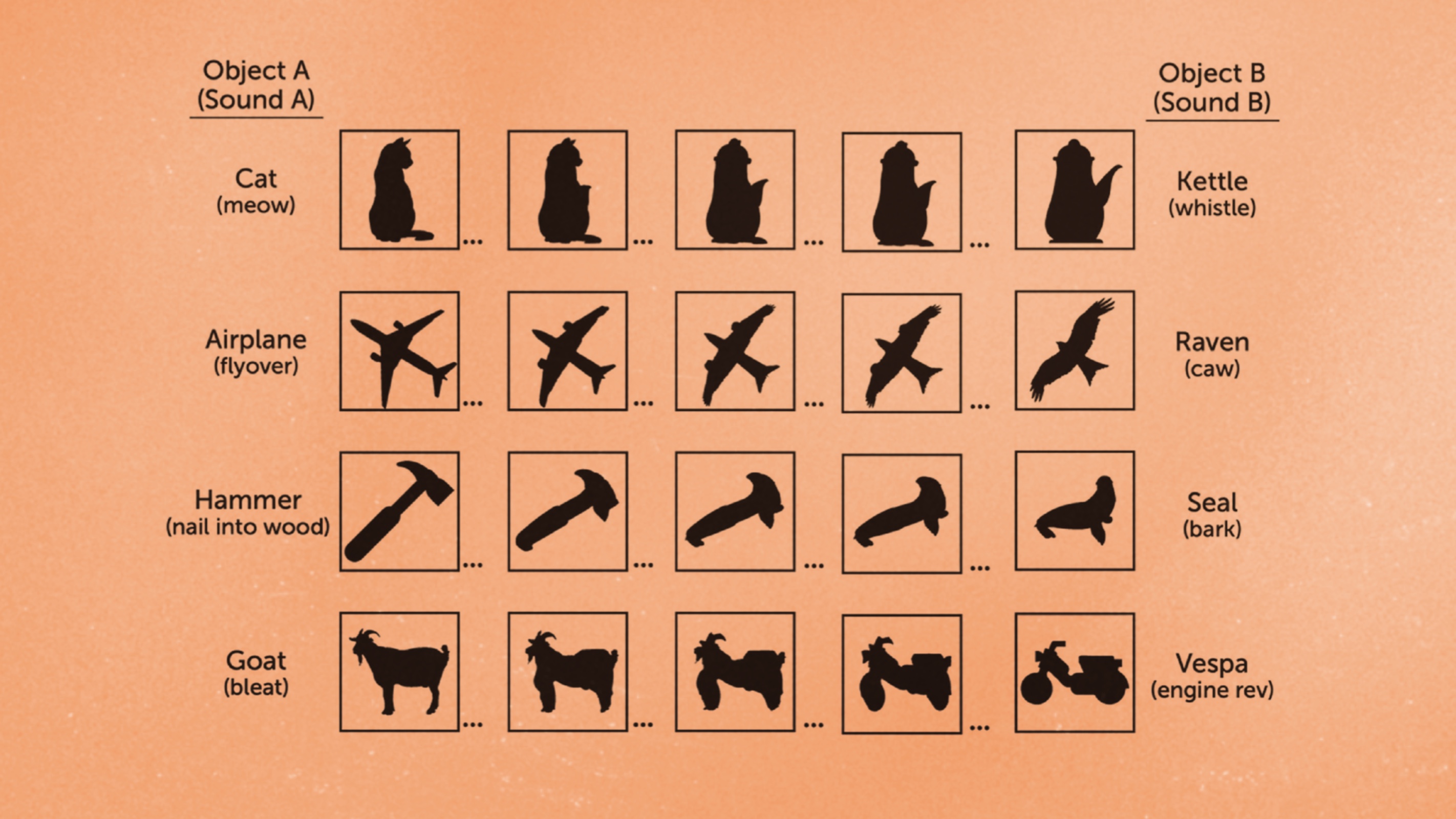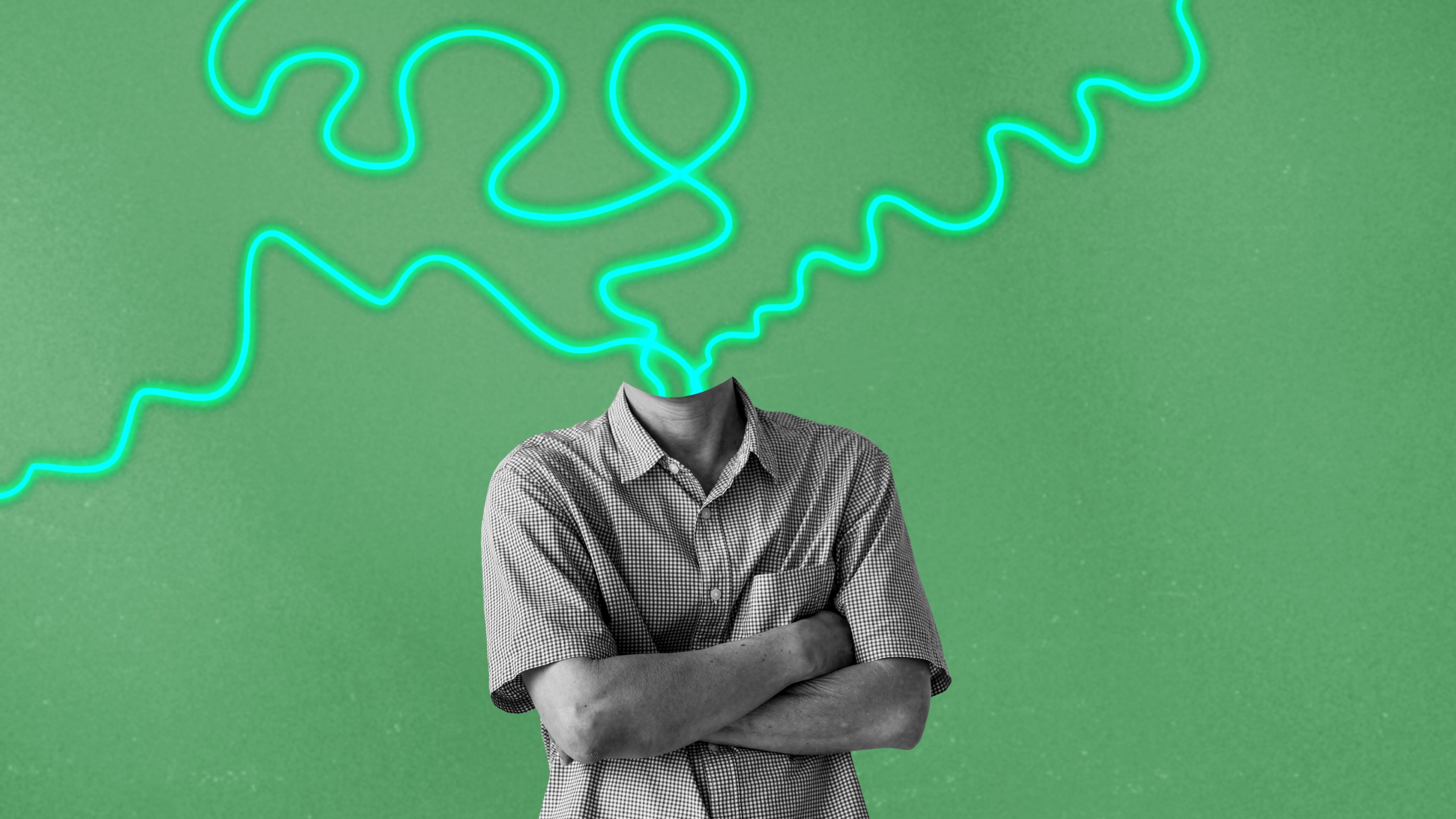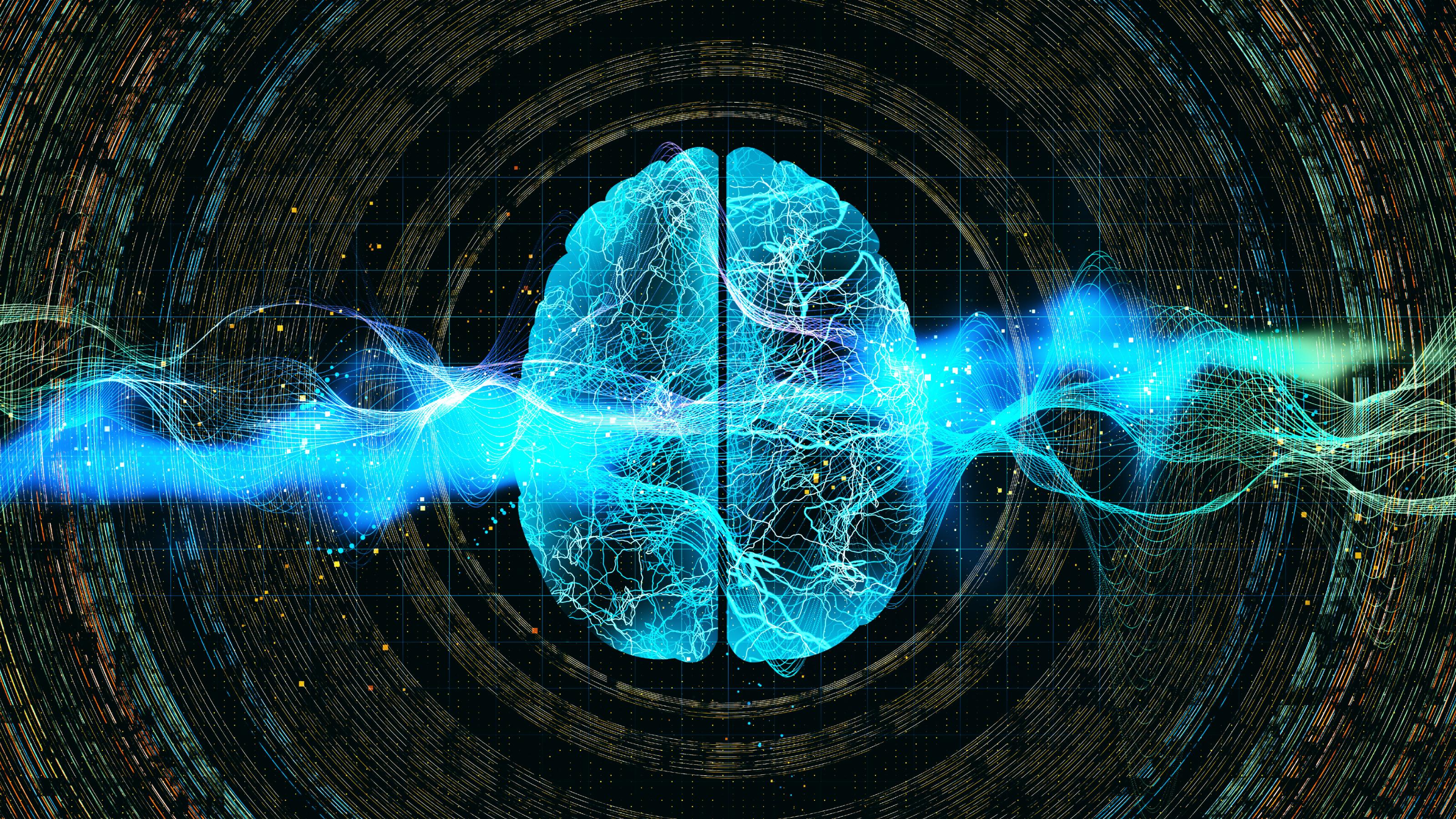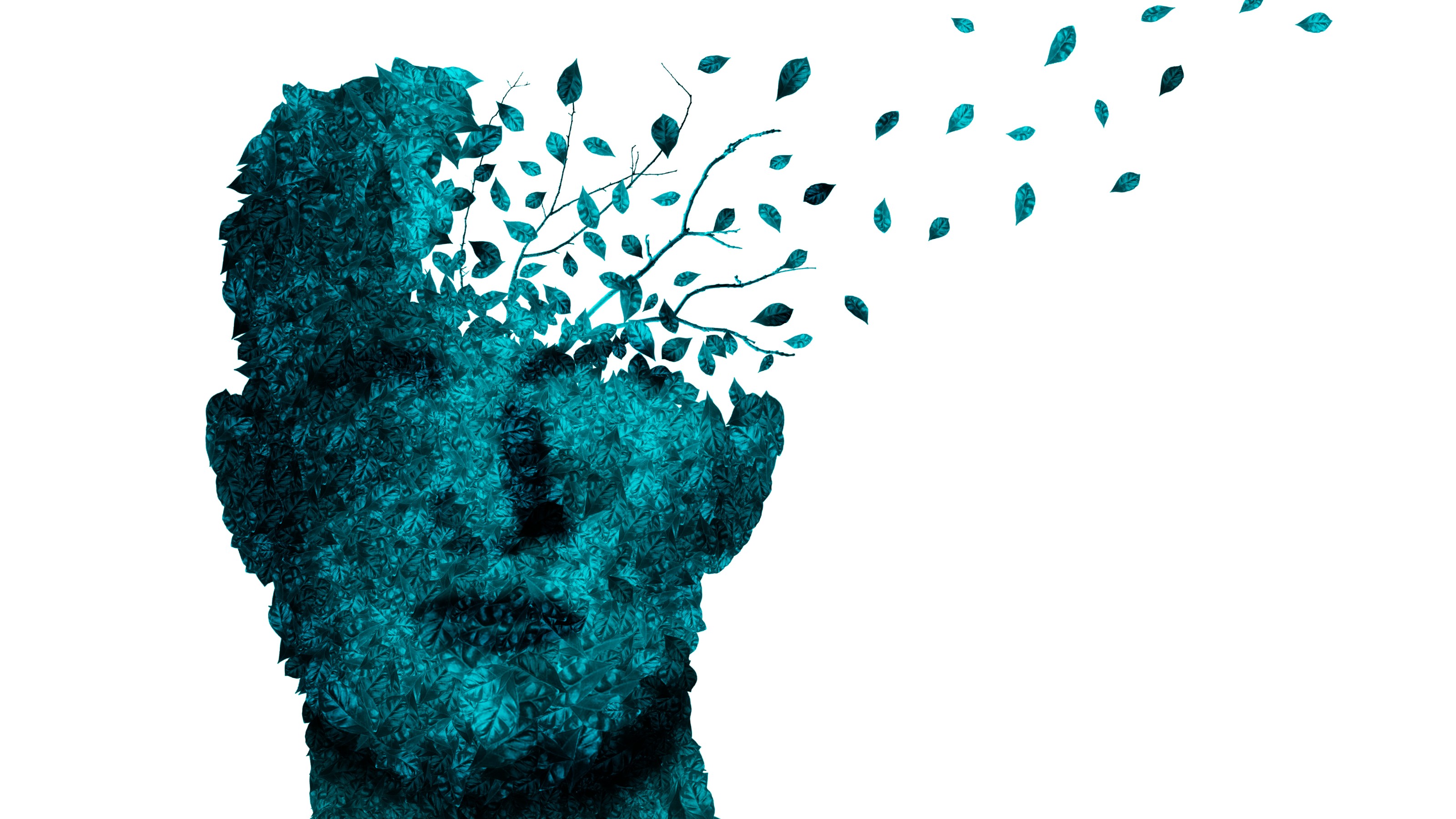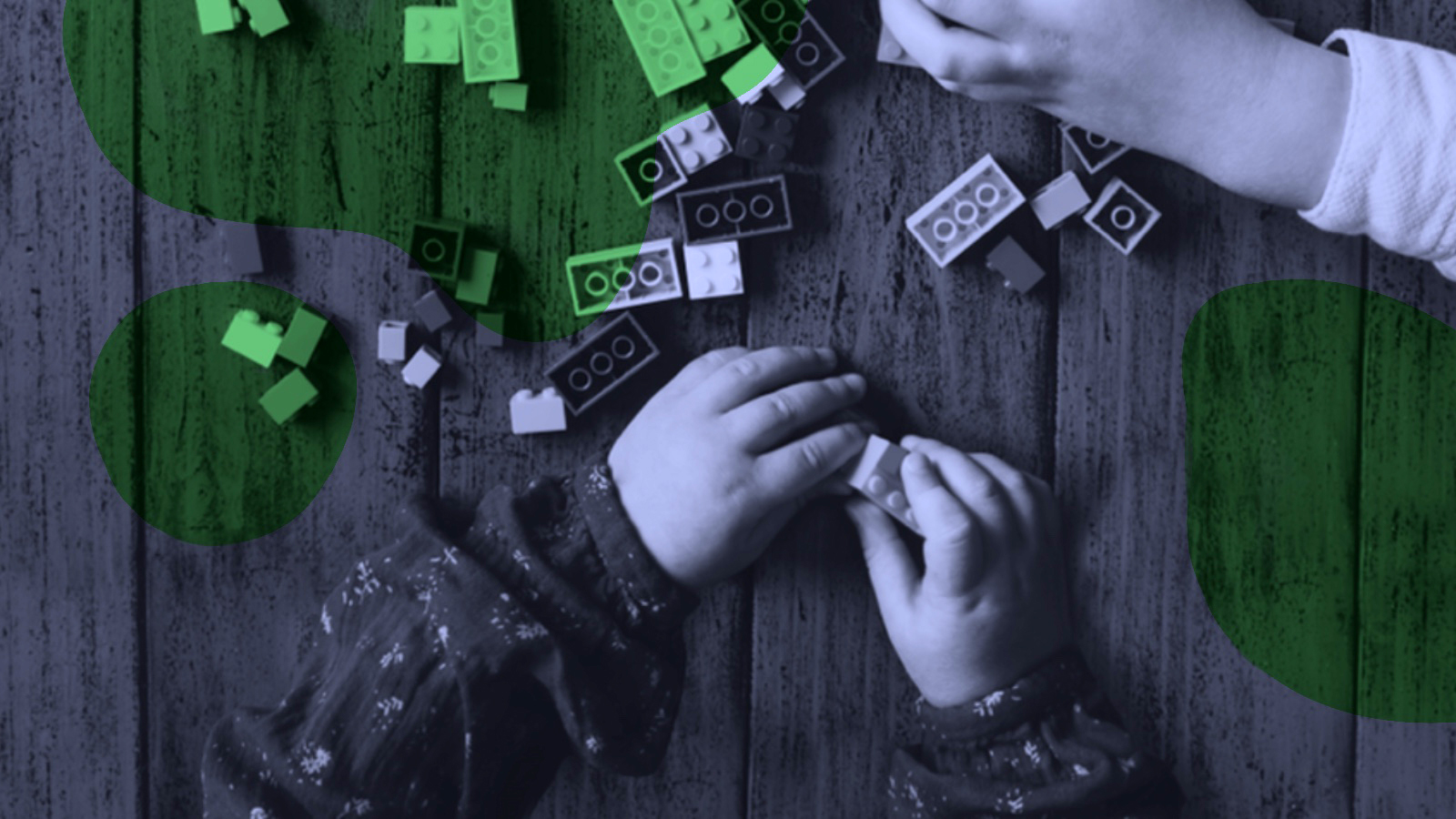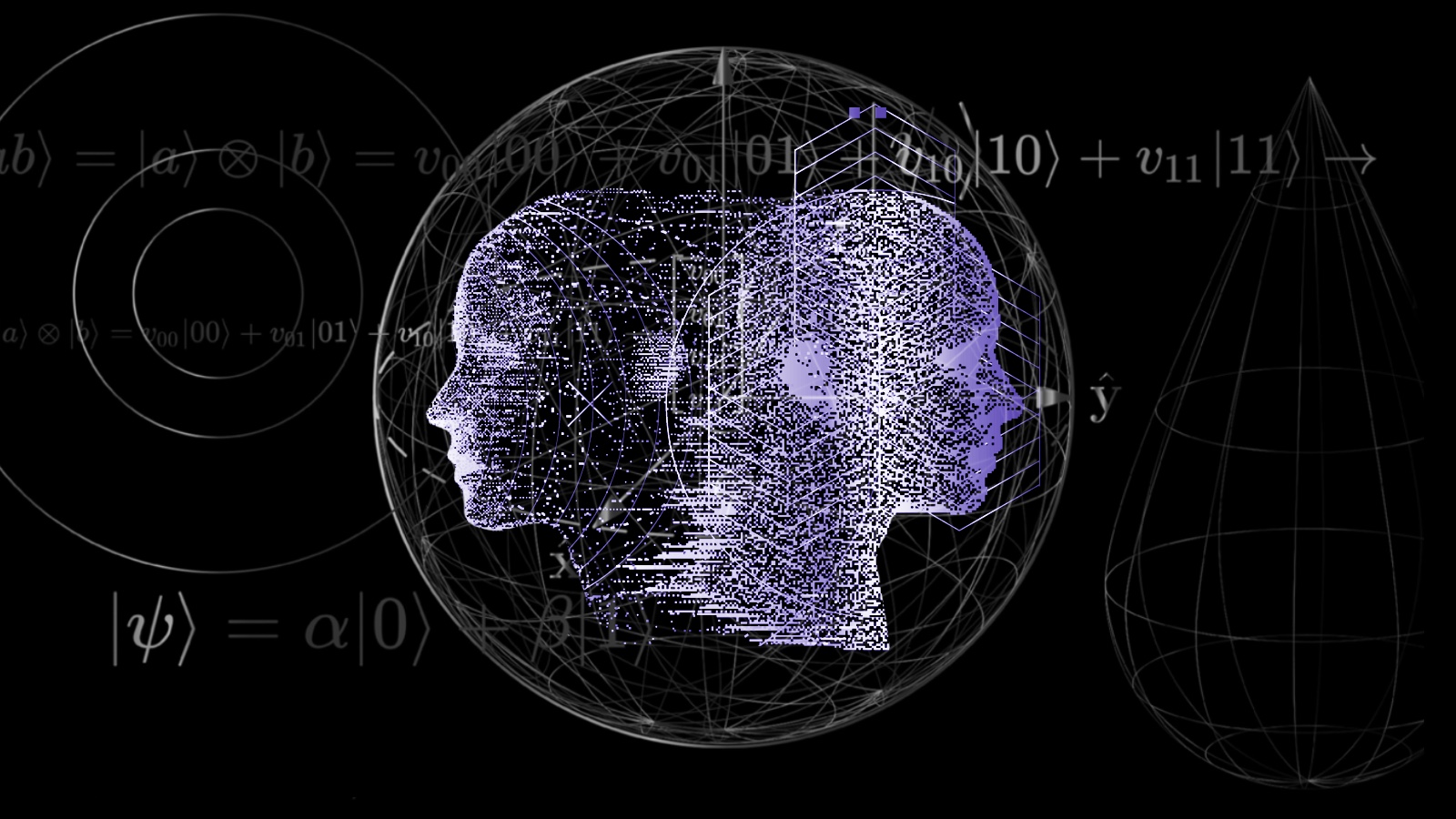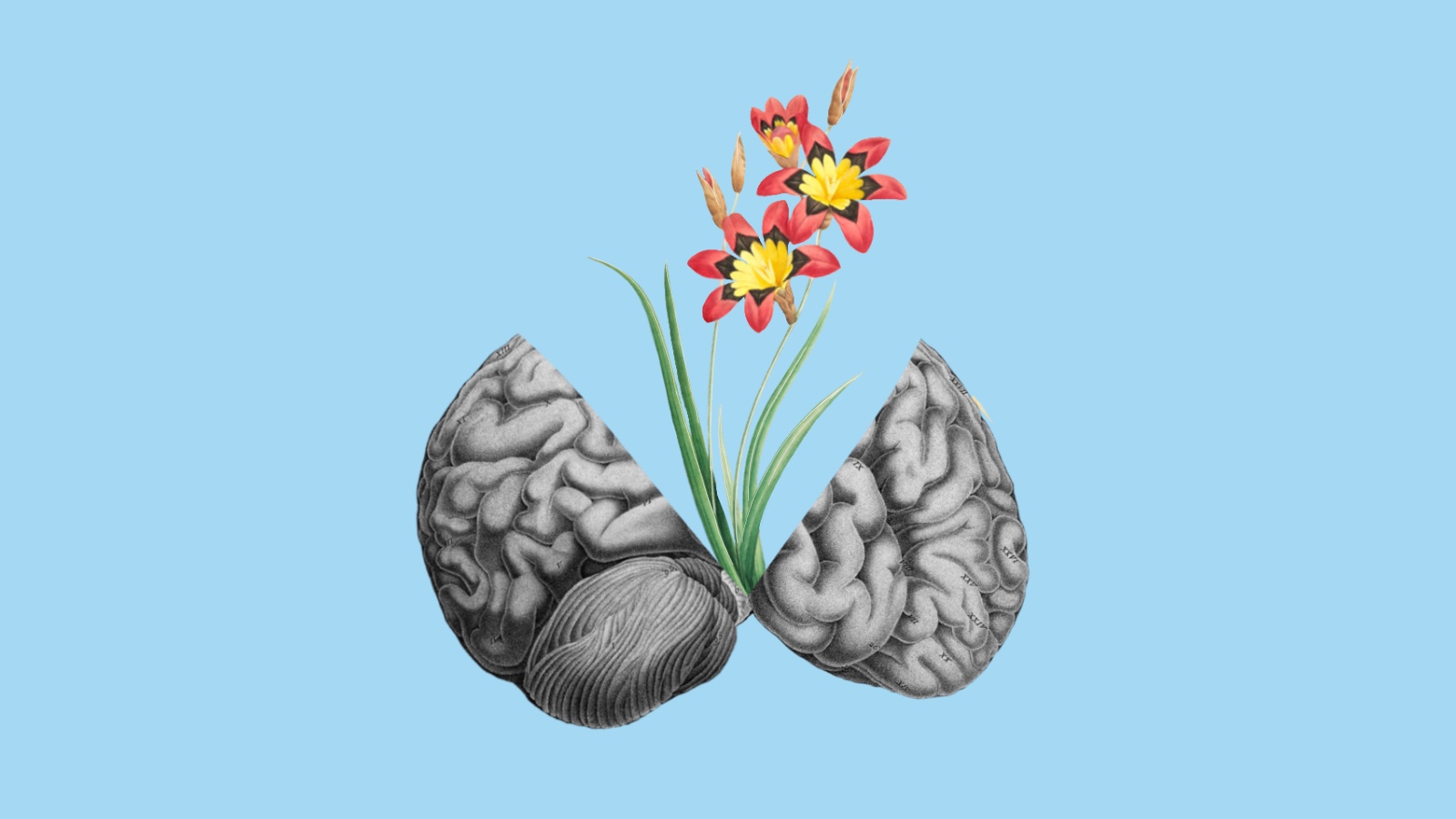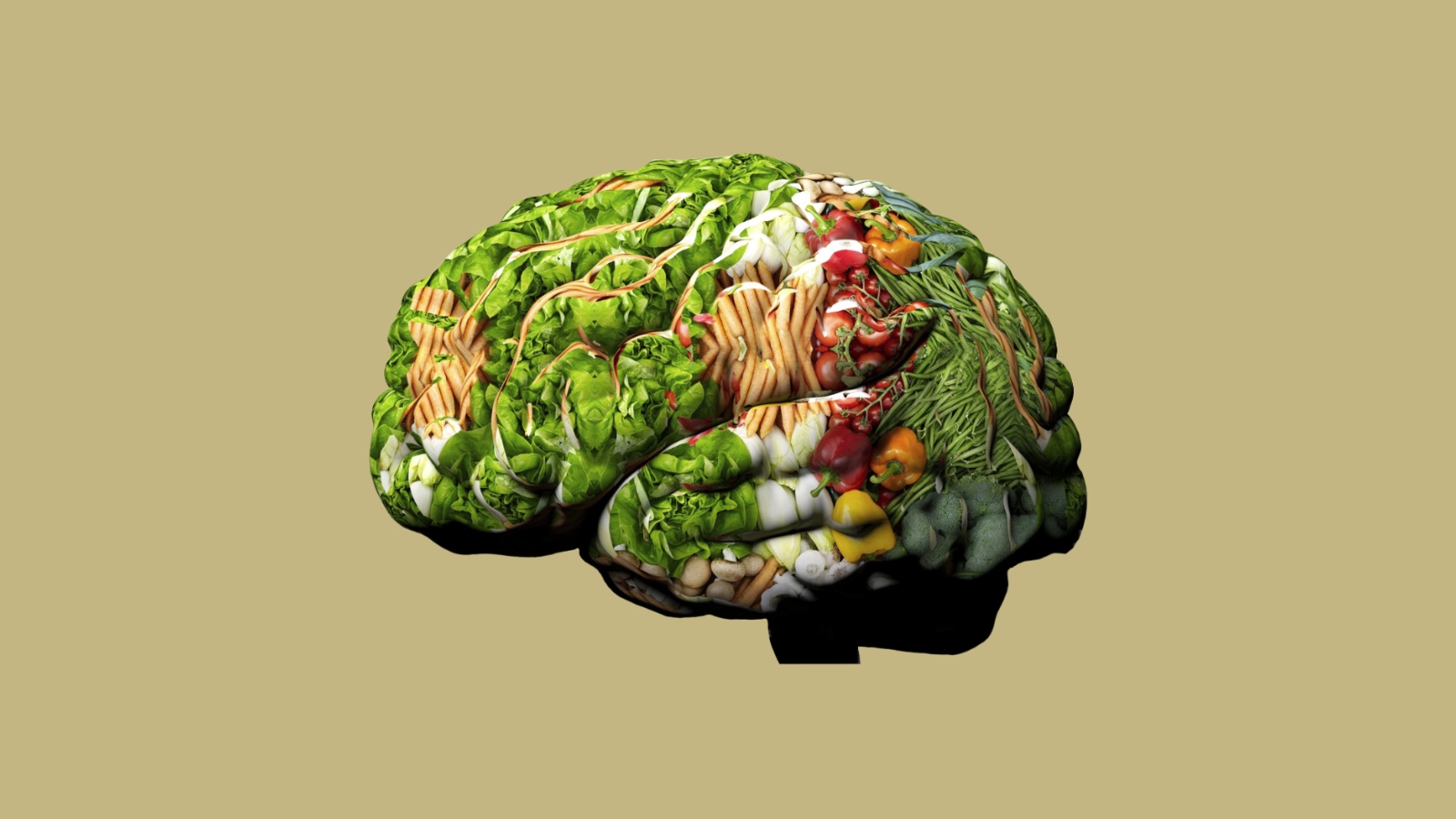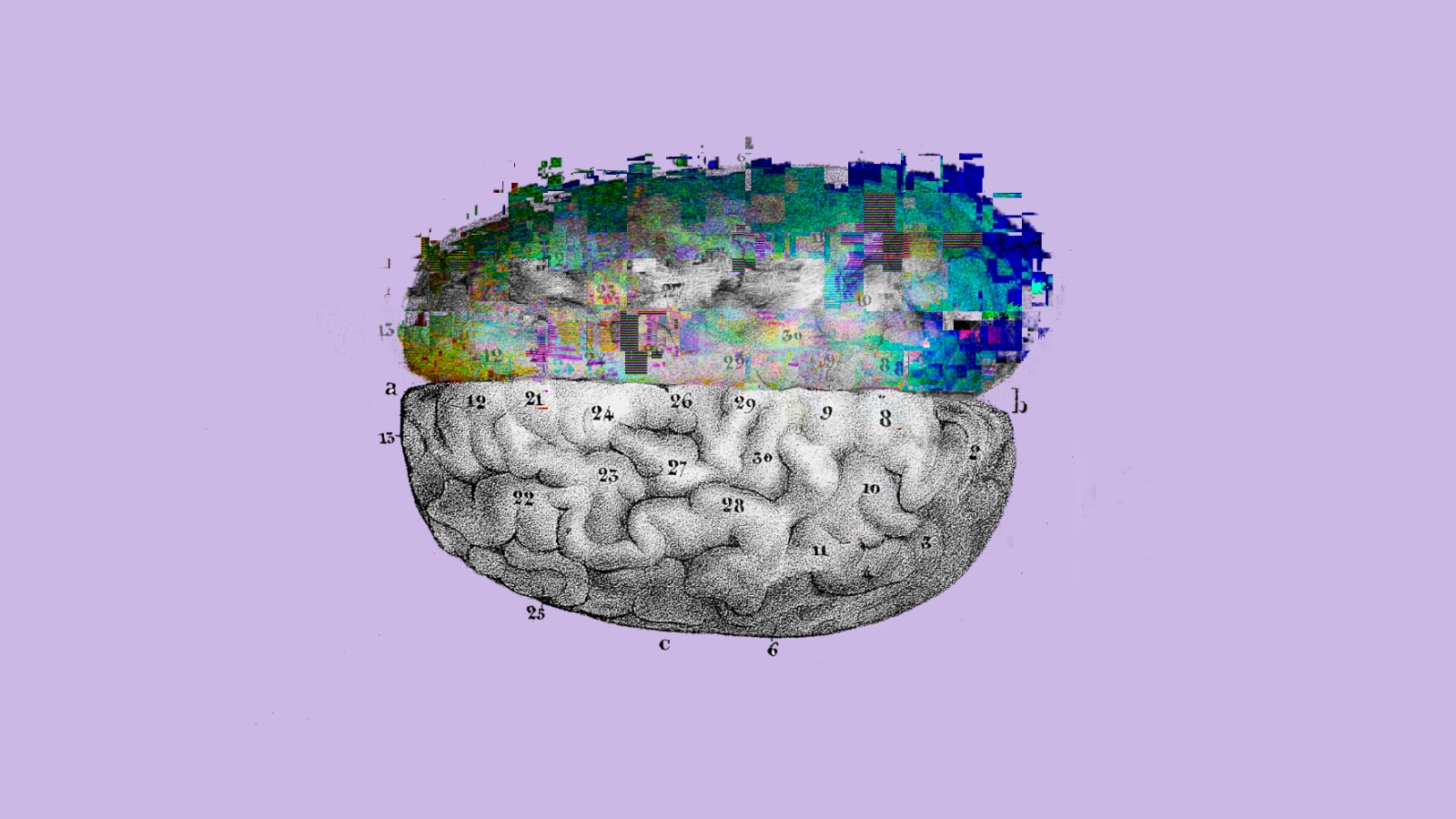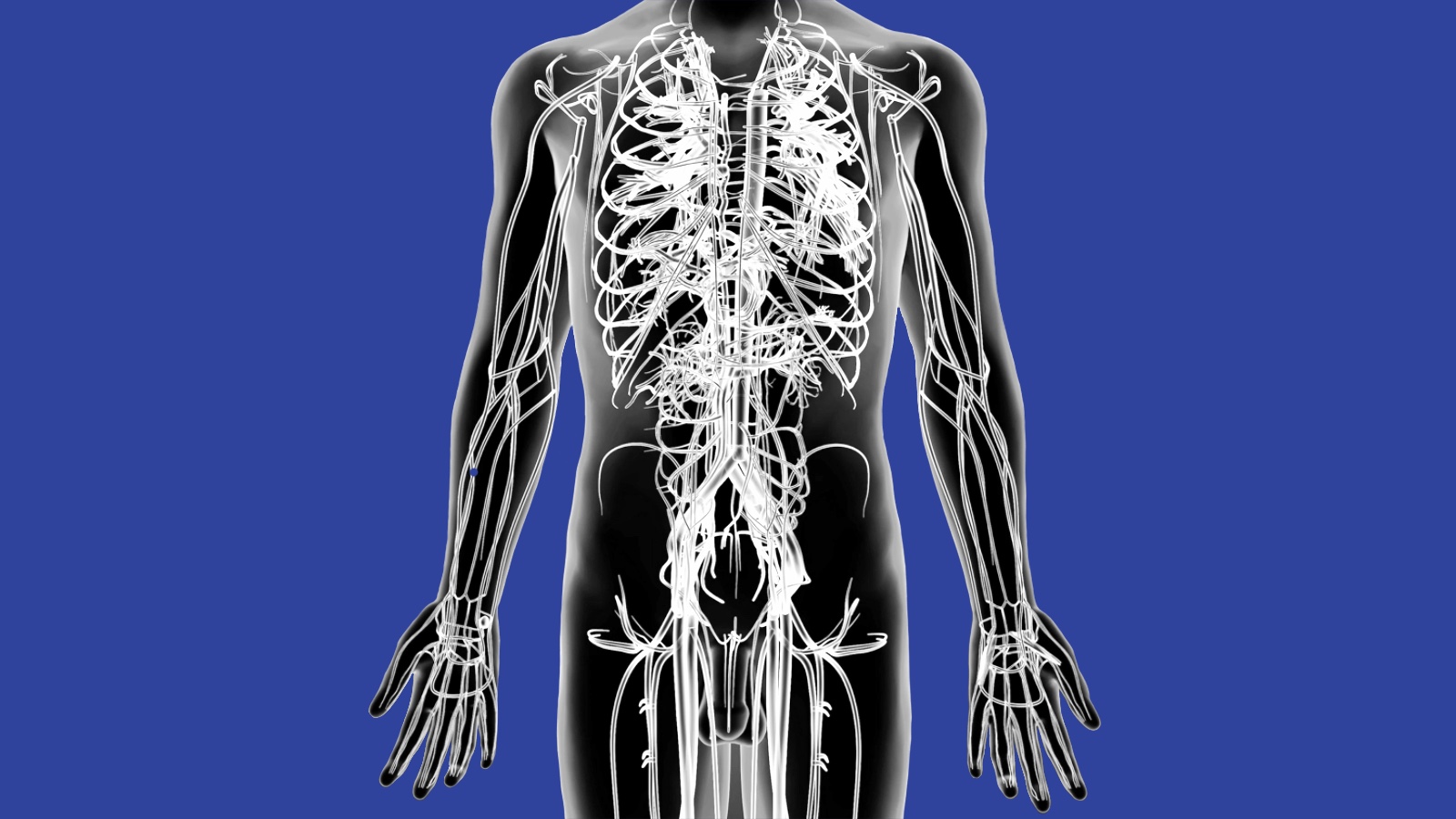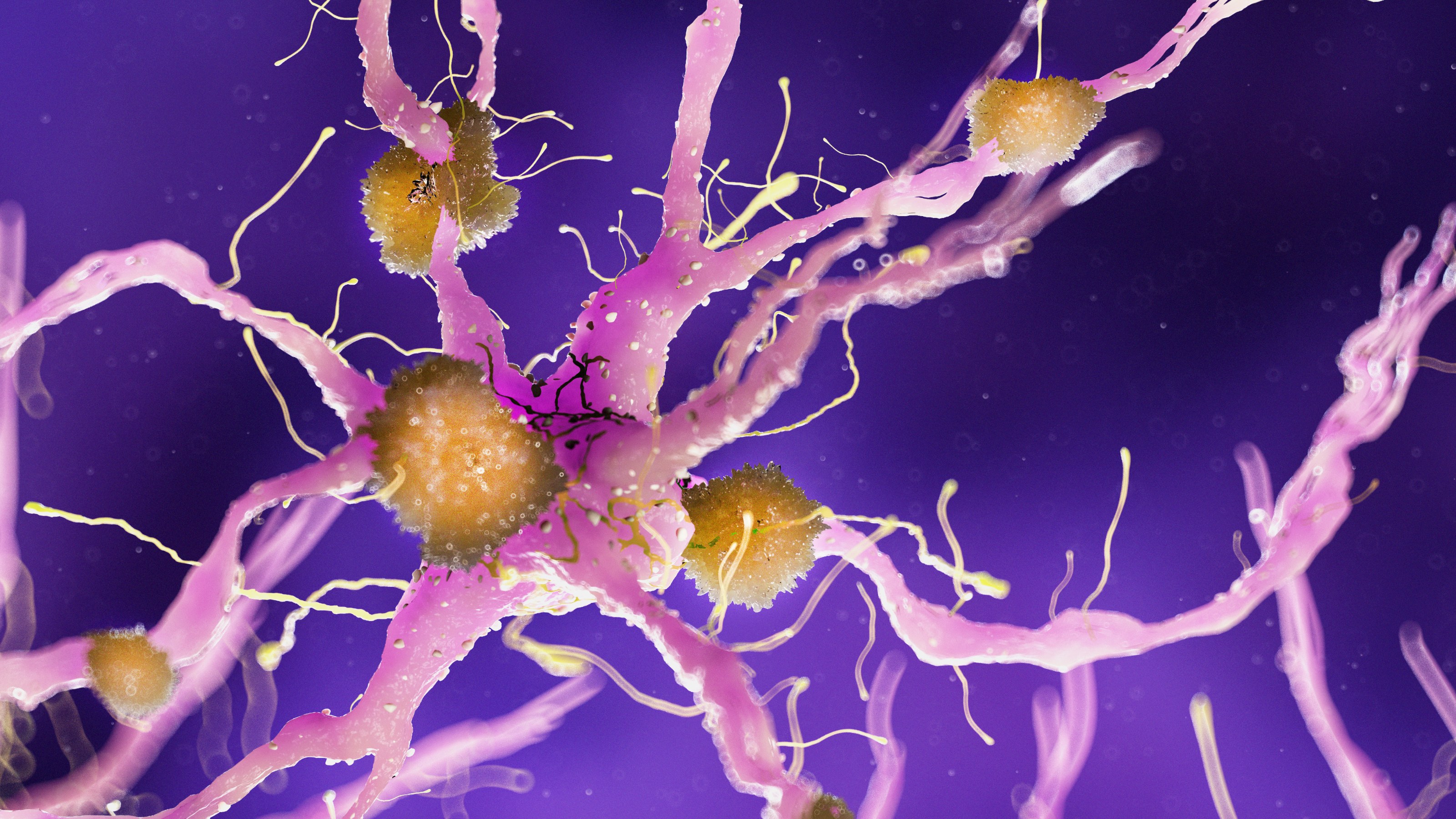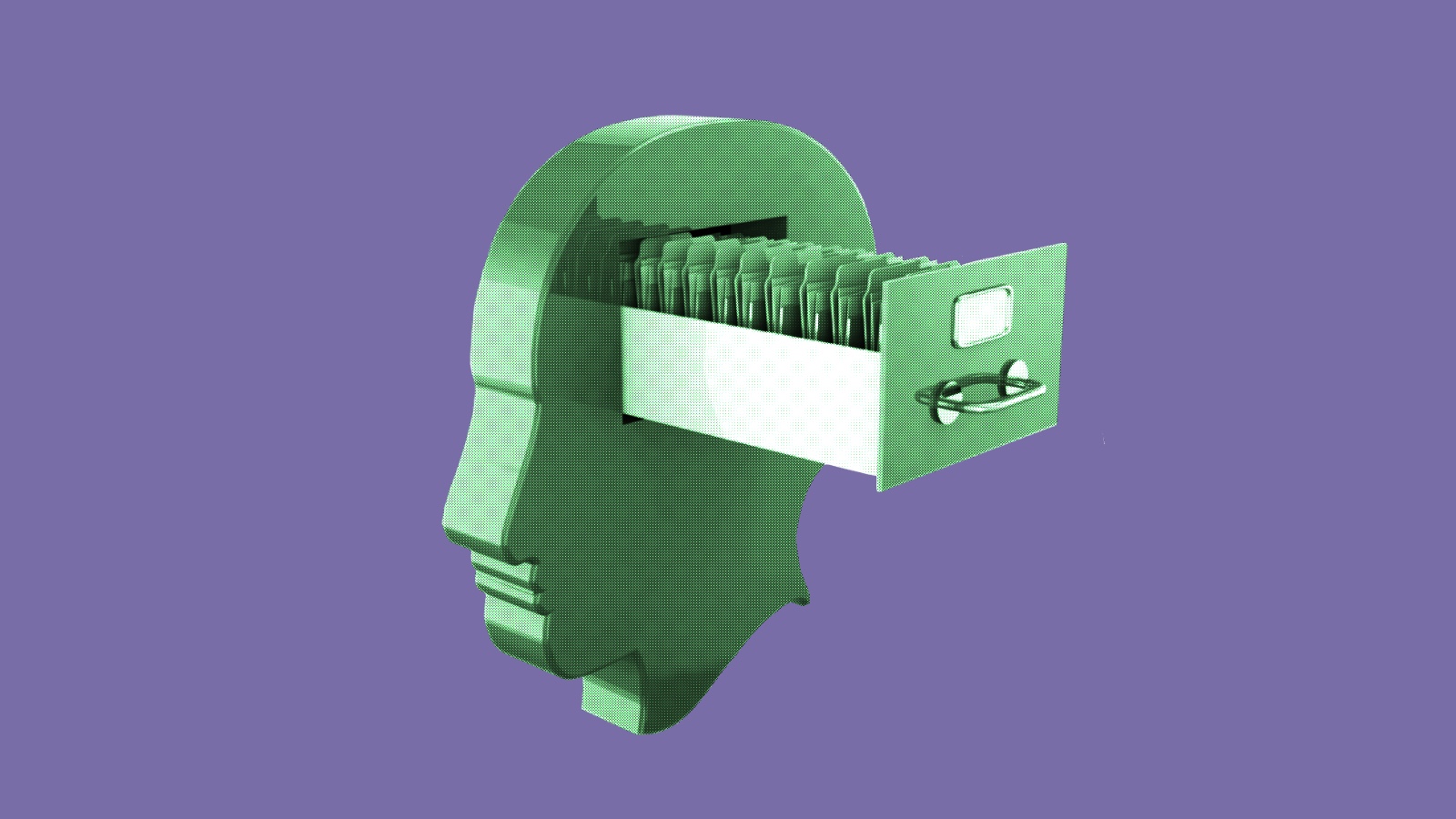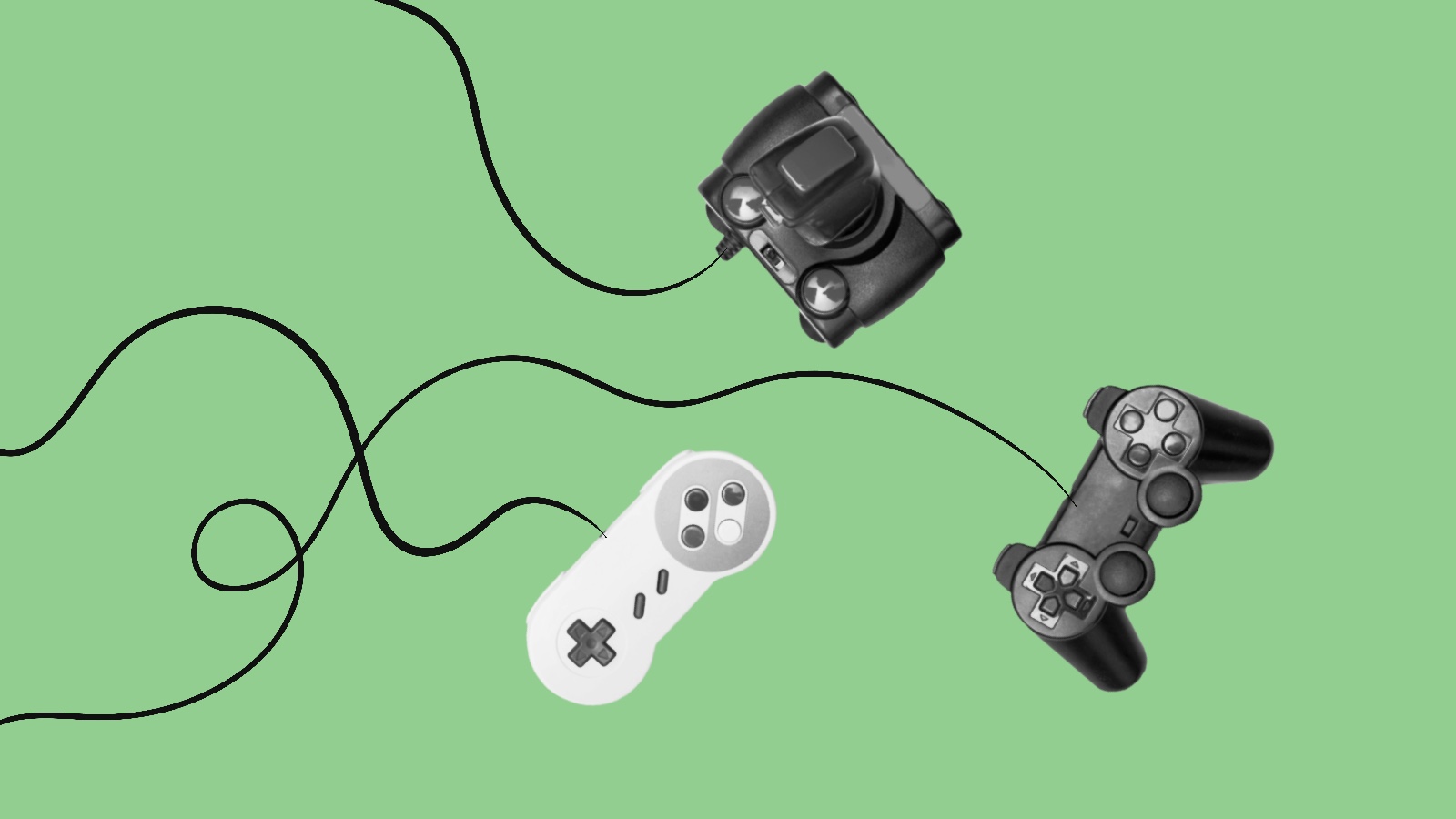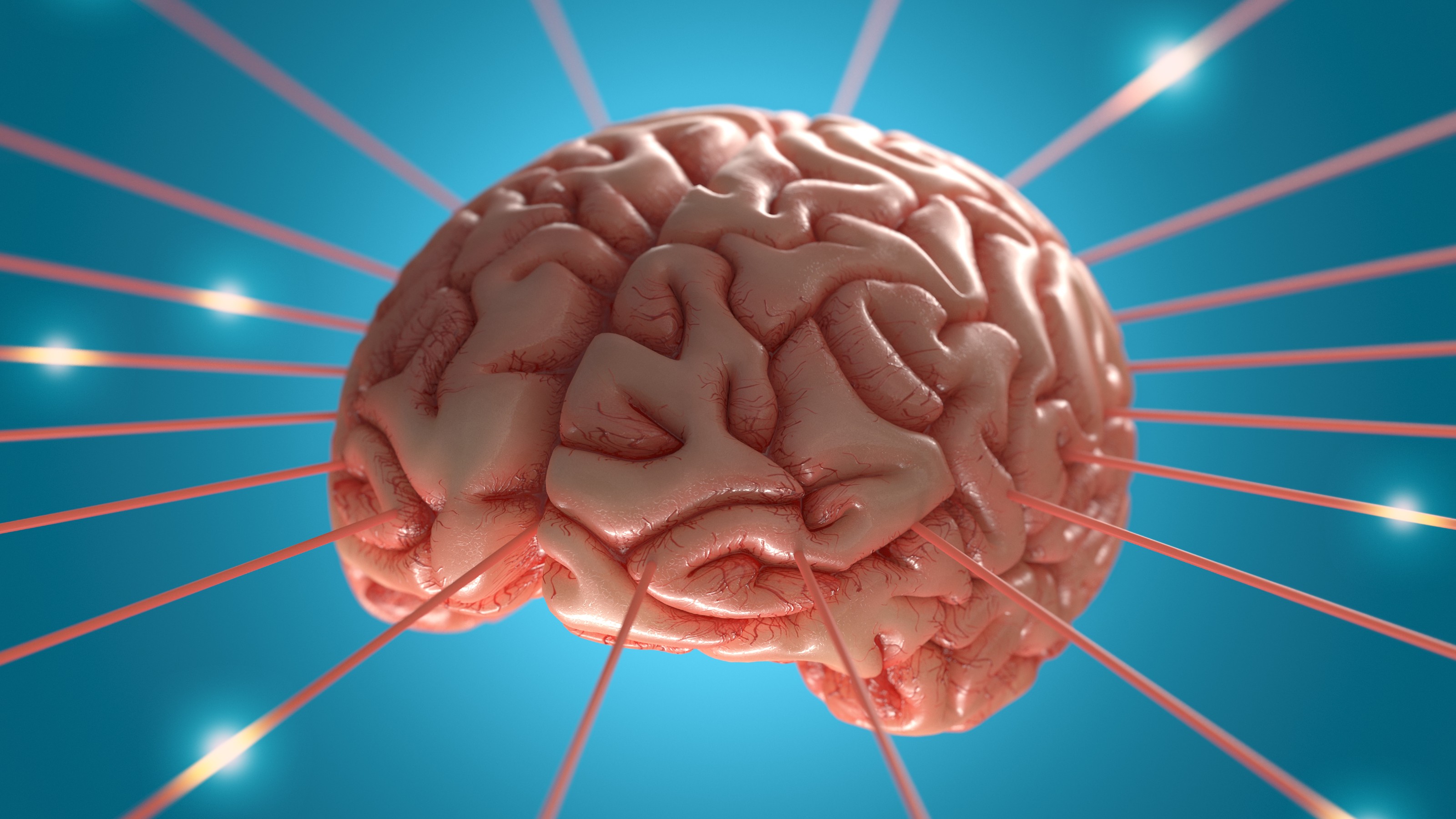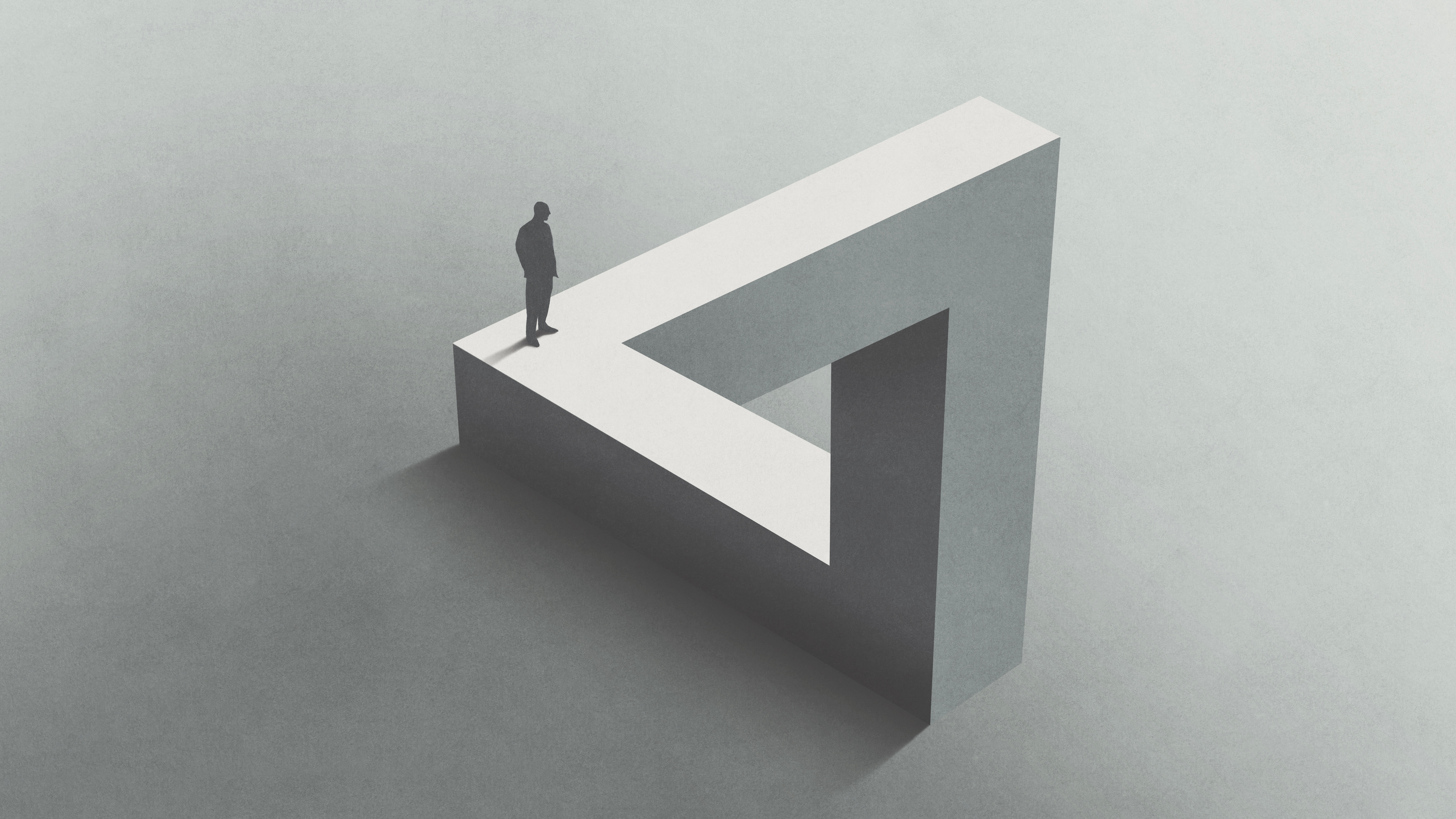neuroscience
Parity tasks (such as odd and even categorisation) are considered abstract and high-level numerical concepts in humans.
Sleep less, sleep less, sleep more.
Belief in God and the afterlife increased, while belief in superstition decreased.
To prevent overloading the memory system, the brain may have a mechanism that tosses out certain types of memories.
2022 was another busy year in the realm of science, with groundbreaking stories spanning space, materials, medicine, and technology.
What you see is what you hear.
The research could aid the development of more effective treatments for conditions such as post-traumatic stress disorder (PTSD).
Sight helps you see a room, but interoception lets you sense it from inside your own body.
Fathers’ brains adjust their structure and function to parenthood.
A recent study reveals how nerve insulation becomes impaired in the brains of Alzheimer’s patients.
Bilingualism confers various mental health and social benefits. Perhaps knowing a second alphabet confers even more.
Psychologists are finding that moral code violations can leave an enduring mark — and may require new types of therapy.
An independent researcher looks into why there’s such strong opposition to her research.
Ancient humans may have evolved to slumber efficiently — and in a crowd.
New memories appear to be stabilized in the brain by a neurotransmitter called gamma-aminobutyric acid (GABA).
Maybe the brain isn’t “classical” after all.
The potential new drug is in a class of its own, as it works differently than any other antidepressant on the market.
Metabolism and mitochondrial functioning seem to have far more to do with mental health than many people might expect.
Children who have a brain hemisphere removed — a procedure known as hemispherectomy — behave completely normally.
Giving speech to the speechless.
Recent discoveries about bodily awareness have changed how scientists think about the nature of consciousness.
The “love hormone” might be an unexplored treatment for Alzheimer’s disease and other forms of dementia.
Their neurons are very different from “normal” people.
It’s time for Tetris.
The answer may depend on your lifestyle.
Studying neuroscience through art.
